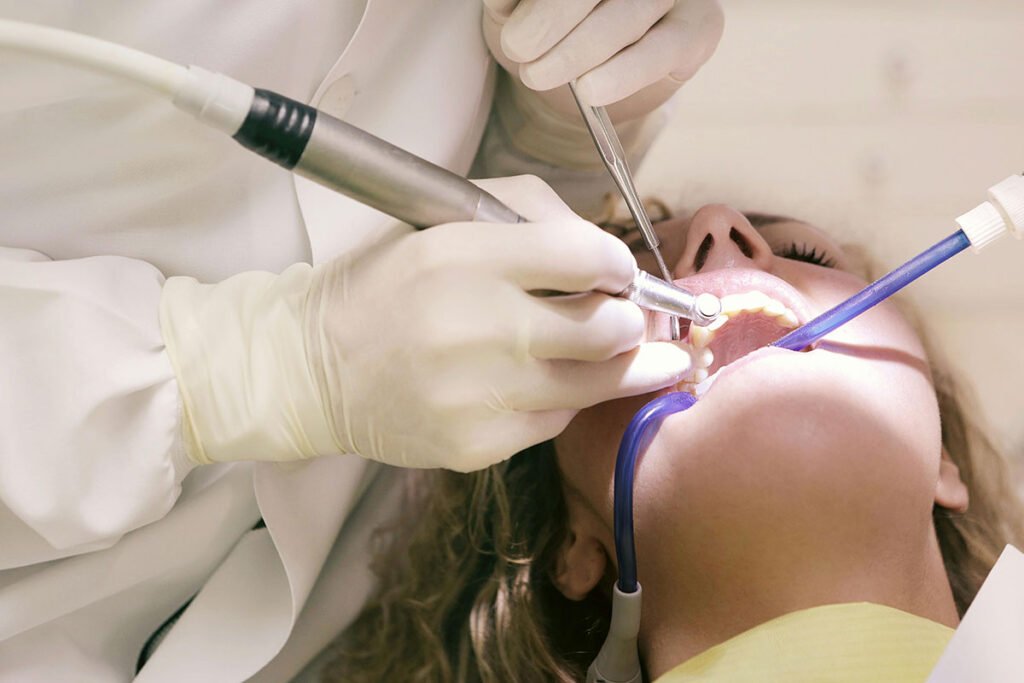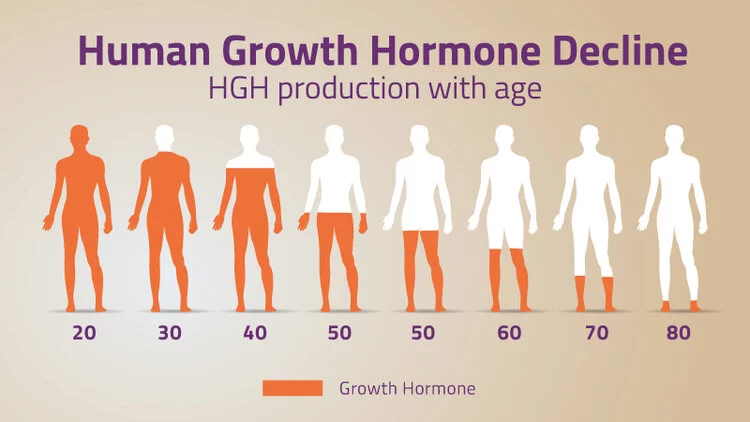The opioid epidemic almost crushed the US economy. In 2020 alone, it cost the US over $1.3 trillion.
This means the country saw an upsurge of $487 billion in losses from 2019 and over 35% from 2017. These losses aren’t only monetary. They also include loss of life, the impact on families and communities, and the strain on public health resources. To help individuals overcome opioid addiction, healthcare practitioners used to prescribe medications like Suboxone to aid in substance abuse recovery.
However, this treatment option led to a disturbing side effect – severe tooth decay and other dental problems. This has led to multiple lawsuits being filed against Indivior, the manufacturer of Suboxone, known as the ‘Suboxone lawsuit.’
The lawsuit brought this issue into the public spotlight, prompting many to seek answers about their legal concerns and their rights as patients. In this blog post, we’ll answer the four most frequently asked questions about this topic.
#1. What is the Suboxone Tooth Decay Lawsuit?
Suboxone is a medication used to manage opioid addiction. It consists of a mixture of buprenorphine and naloxone.
While the drug has been effective in helping individuals overcome their substance abuse issues, it has also been linked to an increased risk of tooth decay and other oral health concerns. The Suboxone tooth decay lawsuit alleges that the manufacturers of this medication concealed the truth about the possible dental complications from patients and healthcare providers.
This led to a growing number of individuals seeking legal recourse to recover damages for the costly dental treatment and its long-term effects on their oral health.
What Are the Ill Effects Linked to Suboxone?
Suboxone is known to cause side effects such as tooth decay, tooth loss, chipped teeth, tongue injuries, and gum injuries.
#2. Who Can File a Suboxone Lawsuit?
Patients who were administered Suboxone (particularly the dissolvable film) and subsequently developed significant tooth erosion or other orthodontic issues may be qualified to file a lawsuit.
To be considered for legal action, individuals must be able to provide evidence that their dental problems were directly caused by Suboxone use. This may include medical records, dental X-rays, and documentation of the treatment required to address the issues.
Affected patients must consult a qualified attorney to determine if they have a valid case and the necessary evidence to support their claim.
Is Suboxone Still on the Market?
Yes, but now it carries updated warnings about the potential dental risks. Despite the side effects, the product’s effectiveness is undeniable.
In January 2022, the FDA released a safety announcement alerting healthcare providers and patients about the potential for severe dental issues associated with Suboxone film. This further illustrates the urgency of the issue and the need to make informed decisions when deciding on this medication.
#3. What Losses Can Be Recovered in a Suboxone Tooth Decay Lawsuit?
Successful plaintiffs in a Suboxone lawsuit may be able to recover various types of damages, including:
- All dental treatment costs, both past and future, such as fillings, crowns, root canals, or tooth extractions.
- Missed job benefits or lost income due to frequent leaves required for dental procedures or recovery.
- Pain and suffering experienced due to the dental complications.
- In some cases, punitive damages may be awarded if the court finds that the manufacturers acted with egregious negligence or intentional misconduct
How Much Are Suboxone Lawsuit Settlements?
According to TorHoerman Law, settlement amounts will vary depending on the severity of your dental injuries and other factors. But, based on historical data, the firm expects the amount to be between $10,000 and $150,000. In rare cases, the amount can even exceed $150,000, depending on the nature of the injuries.
Suboxone Manufacturer Settles Antitrust Lawsuit
In October 2023, Indivior, the manufacturer of Suboxone, reached a settlement agreement worth $385 million to resolve lawsuits filed by drug wholesalers.
These lawsuits claim that Indivior engaged in monopolistic practices to maintain its exclusivity on Suboxone, preventing lower-cost alternative brands from entering the market. While this settlement is separate from the tooth decay lawsuits, it demonstrates that Indivior faces legal challenges on multiple fronts regarding Suboxone.
#4. How Does the Suboxone Lawsuit Work?
For those looking to seek legal action, there are two main options:
- Multidistrict Litigation (MDL): Joining a larger group of affected individuals with a shared case against the manufacturer.
- Individual Lawsuit: Filing your very own case. This allows for more specialized consideration.
A qualified attorney specializing in pharma lawsuits can advise you on the best path forward.
To join the Suboxone MDL (MDL No. 3092), the District Court for the Northern District of Ohio has made the process easy for the victims. Patients have the option of directly filing their case with the court. This process will help expedite litigation and avoid unnecessary transfer of the case.
In conclusion, the Suboxone lawsuit has brought much-needed attention to the serious oral health consequences faced by those seeking addiction treatment.
By understanding the legal options and eligibility criteria, affected individuals can take the necessary steps to hold the manufacturers accountable and recover the damages they rightfully deserve. With the support of qualified attorneys and a commitment to patient advocacy, the Suboxone lawsuit aims to provide a safer and more transparent future for those battling opioid addiction.




